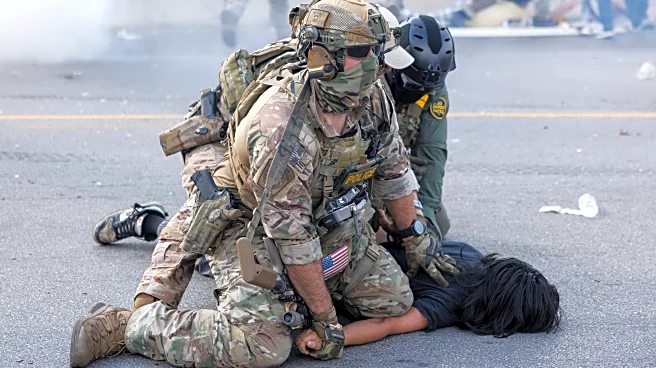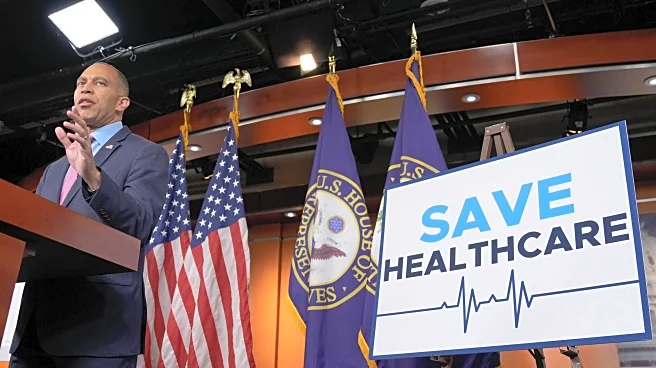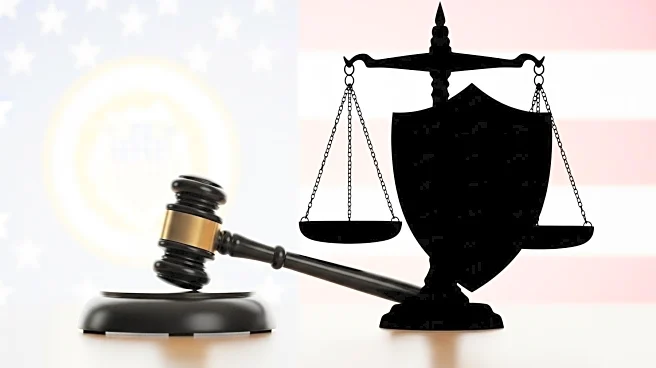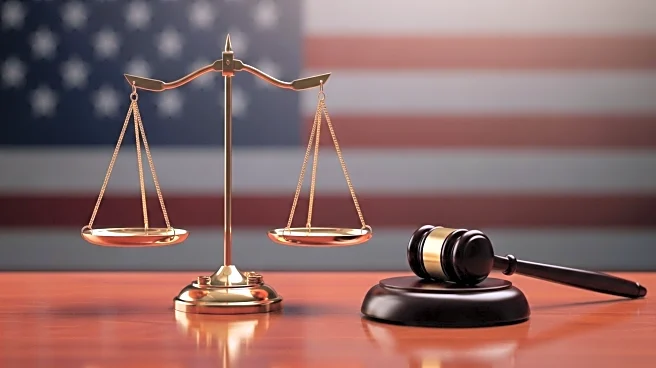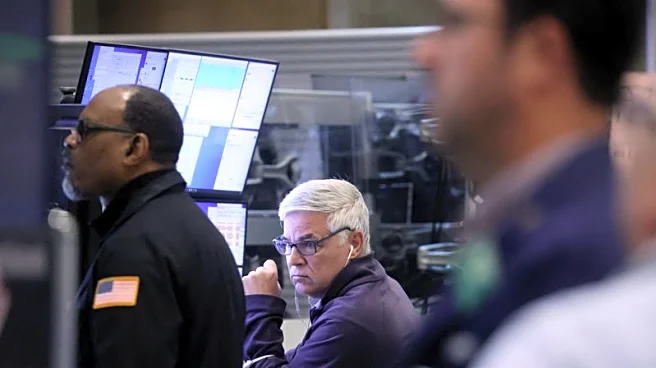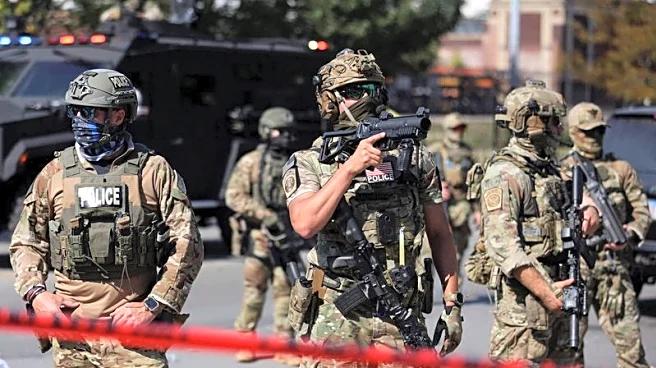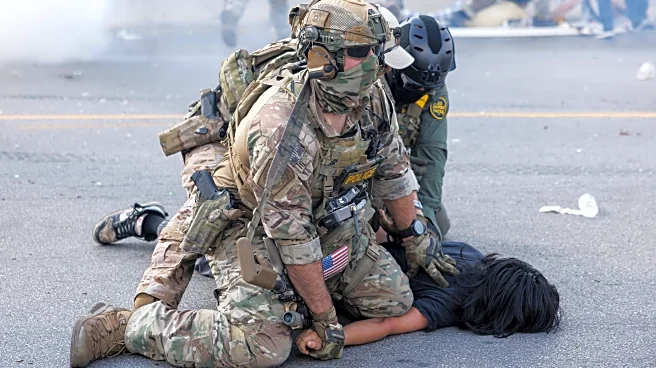What's Happening?
President Trump has suggested the potential invocation of the Insurrection Act to deploy National Guard troops to U.S. cities if judicial blocks on his deployments persist. This statement follows legal actions by Illinois and Chicago against the Trump administration, labeling the troop movements as 'illegal, dangerous, and unconstitutional.' The controversy arises amidst ongoing protests in cities like Portland and Chicago, where federal agents are already present. Texas Governor Greg Abbott has also shown support by posting images of Texas National Guard troops heading to Illinois. The situation is part of a broader national debate on the federal government's role in local law enforcement and public safety.
Why It's Important?
The potential use of the Insurrection Act by President Trump could significantly impact federal and state relations, particularly concerning the autonomy of states in managing local law enforcement. This move could set a precedent for federal intervention in state affairs, raising constitutional questions about the balance of power. The deployment of National Guard troops in response to protests also highlights the ongoing national discourse on civil rights and government authority. Stakeholders such as state governments, civil rights organizations, and the general public may experience heightened tensions and legal challenges as a result.
What's Next?
If President Trump proceeds with invoking the Insurrection Act, it could lead to increased legal battles and public protests. State governments and civil rights groups are likely to challenge such actions in court, potentially escalating to the Supreme Court. The administration's decisions will be closely monitored by political leaders and civil society, with potential implications for upcoming elections and public policy on federal intervention in state matters.


